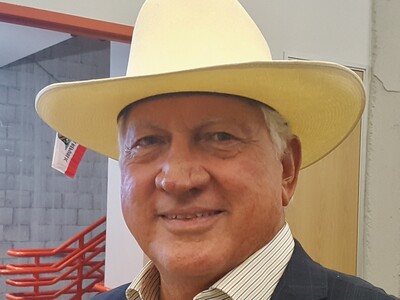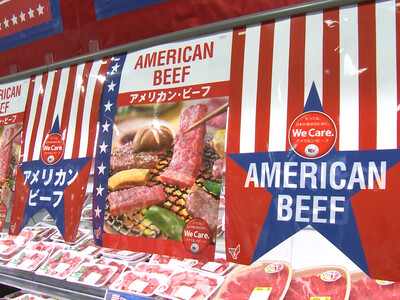Wintering Honey Bees
I'm Bob Larson. Winter has arrived, but not before honey bee keepers at the Washington State University Teaching Apiary made sure the planet's most populous pollinators were prepared to survive the winter months ahead.WSU Entomologist, Steve Sheppard says during the summer, bees may only live 4-6 weeks ...
STEVE SHEPPARD ... "During the Winter, they can live months and the colony can't go out a forage or anything like that. They're all kind of hunkered down for the winter and so you have to make sure they have enough honey because they use that to generate heat and, effectively, you have 10s of thousands of cold blooded insects, but by clustering together and kind of shivering they generate heat and so it could be 20 below outside and the winter cluster in the middle will be 70 degrees Fahrenheit."
Sheppard says the bees effectively act like a warm-blooded organism ...
STEVE SHEPPARD ... "So you as a bee keeper know the art of bee keeping is that you make sure they have enough food to make it through the winter. If you take too much honey, then you kind of kill the 'golden goose' right, and they starve through the winter and die."
Sheppard says other winterizing duties include installing wire mesh around the hives to keep out mice looking for a cozy place to winter and multiply, which means a quick demise for the dormant bees.
WSU entomologists keep more than 200 hives on the Pullman campus and on surrounding properties in Washington and Idaho.















